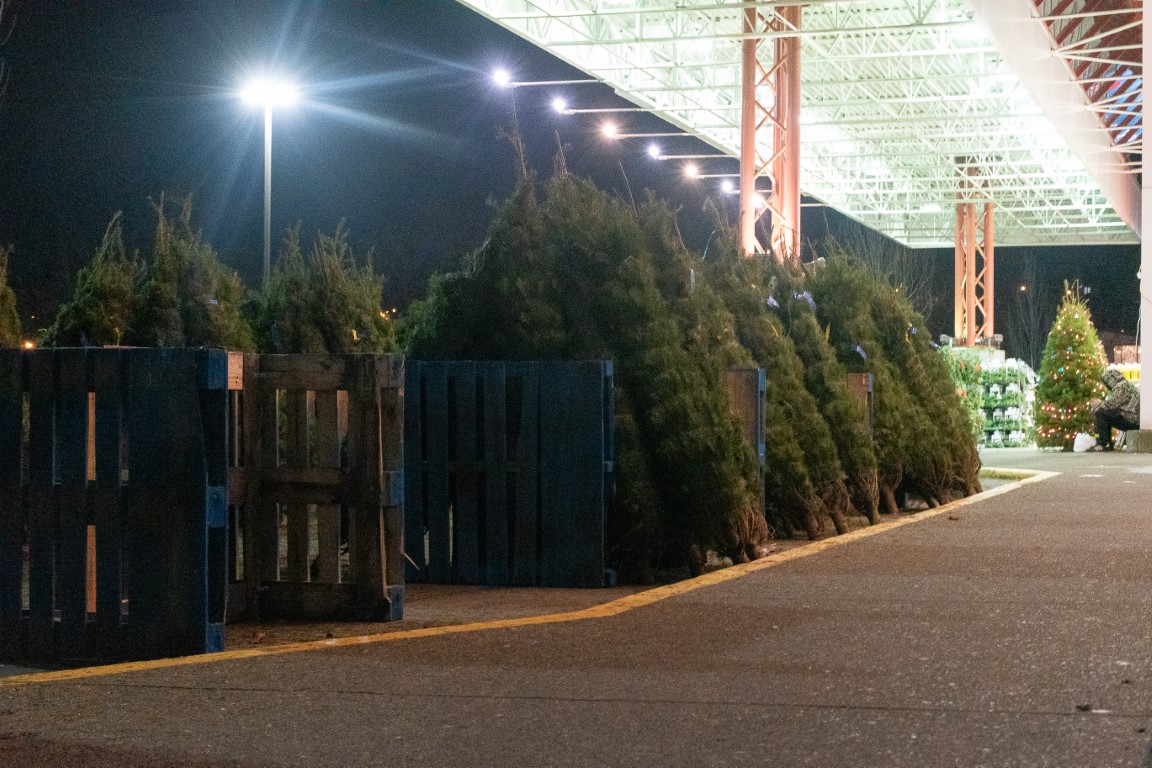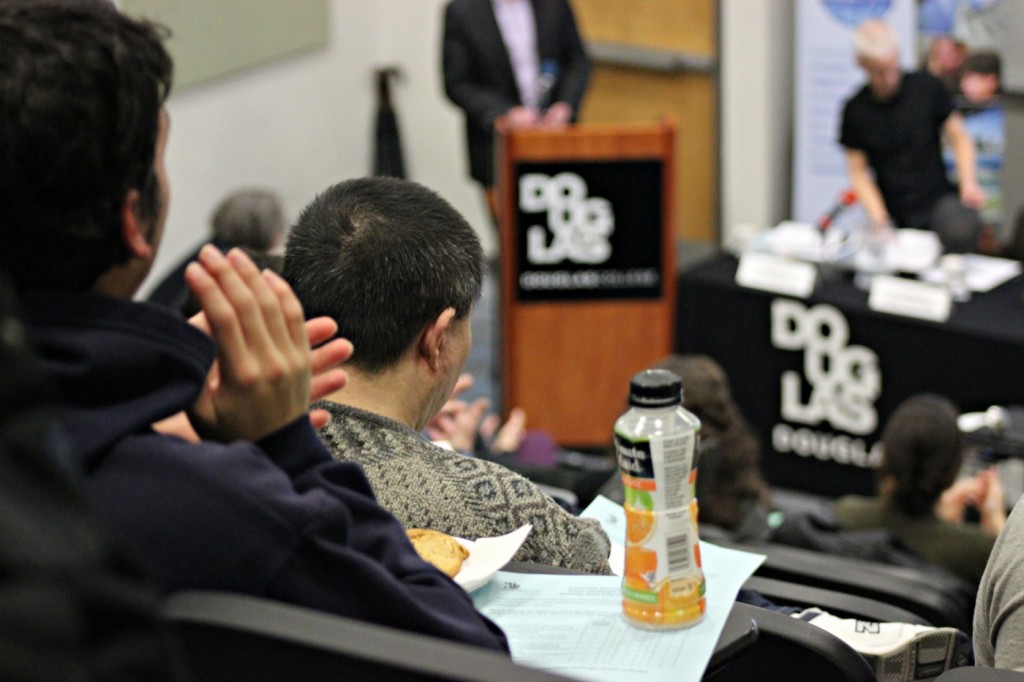
Have a merry Christmas despite COVID-19
By Jessica Berget, Assistant Editor
“It takes 10 years to grow a tree,” she said in an article to CBC. “When the demand is up, we just can’t plant them fast enough.”
Many items have experienced shortages throughout the course of this pandemic. First, it was toilet paper—now, Canada is facing a Christmas trees shortage just in time for the holiday season.
Because of the high demand causing a shortage, Christmas trees will be more expensive this year as well. Farmers report they’ve also had to raise their prices up to $5 more. Because of this, farmers also anticipate that this will be a record year for them. For instance, the Canadian Christmas Tree Growers’ Association says they struggle to keep up with the demand and that’s something that goes back to the 2008 recession. Because of the recession, the demand for trees then was not as high and less trees were planted as a result. The demand has now since doubled from $53 million in 2008 to $100 million in 2020. The grower’s association did not predict this increase which is a cause for concern considering how long it takes to grow these trees, according to the tree association’s executive director Shirley Brennan. “It takes 10 years to grow a tree,” she said in an article to CBC. “When the demand is up, we just can’t plant them fast enough.”
On top of that, Christmas and New Years will also be vastly different this year as Bonnie Henry has also extended the ban on social gatherings order to January 8, 2021 on account of the rise in reported active cases. Henry acknowledges the impact this will have on many people’s celebrations but encourages them to connect with families virtually.
Henry also says the first Pfizer COVID vaccines are coming to BC and could be here as early as next week. The vaccine will be free in Canada, not mandatory, and available to whoever wishes. It requires two doses, one taken 21 days after the first and it said to have a 95 percent effectivity rate, as claimed by the company. It is unclear how long the vaccine will protect people for. “We cannot say anything about that, because the only track or monitoring of this vaccine has been for two, three months,” says UBC professor in the infectious disease division Horacio Bach in a CTV News article. “We know that people that already recover from the disease… the level of protecting antibodies is fading and disappearing in around six months. That is in general.”



